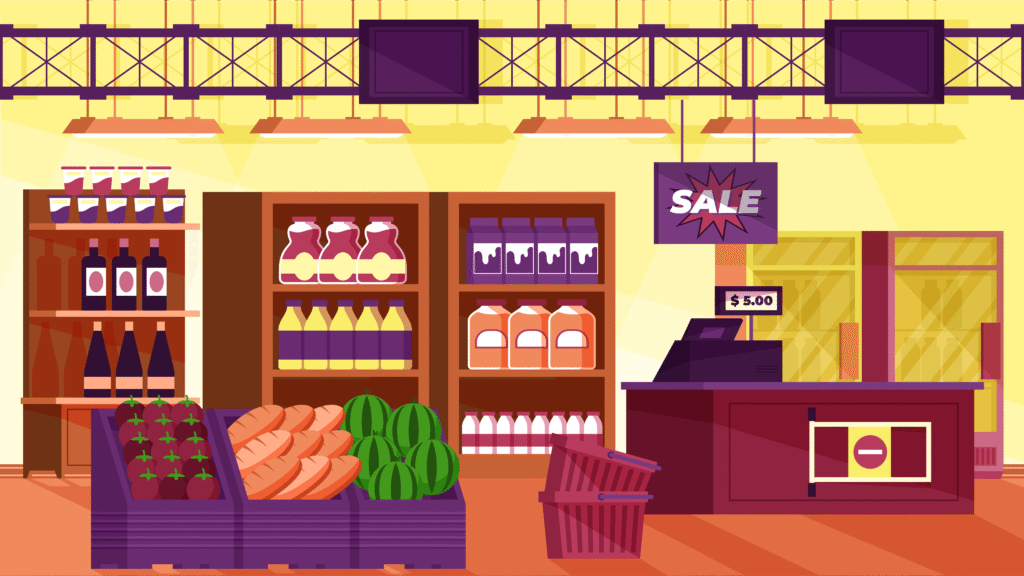With nearly 40 years of retail experience across 20 countries, Mark Lack, CEO of Circle K Alsulaiman, brings deep global expertise to the sector. In an episode of What’s In Store, we dive into how Circle K is transforming convenience retail in Saudi Arabia and the UAE.
Convenience retail is no longer defined by proximity or late-night purchases. In the GCC, it is becoming a cornerstone of community life, entrepreneurship, and supply chain innovation. Under Mark’s leadership, Circle K demonstrates how best practices can merge with local realities to redefine neighborhood stores.
Franchise as a Force for Localization
A standout strategy is empowering local entrepreneurs. Circle K’s “train-to-own” model guides future franchisees from employee to operator, equipping them with hands-on knowledge before store ownership.
This delivers:
- Authenticity—community-run stores instead of faceless corporates.
- Entrepreneurship—new opportunities for local communities, aligned with Vision 2030 goals.
Franchising becomes a tool for building ownership, responsibility, and pride within the communities the stores serve.
What Sets C-Stores Apart
Being there when the customer needs you defines convenience—it’s not about competing on price. What makes it unique are the multiple missions it serves: from being a daily stop to enjoy a coffee to stepping in during those urgent, last-minute needs like batteries or light bulbs.
Supply Chain as a Competitive Edge
Mark highlights the significance of supply chain in convenience, noting that an empty shelf is more damaging than in a hypermarket. Circle K addresses this with:
- Hub-and-spoke models
- Working closely with suppliers as partners
- Flexibility for store managers to adjust assortments in real time
The lesson: a responsive supply chain is key to meeting customer needs.
Reinventing the Corner Store
The Circle K story in the GCC isn’t about importing a global giant. It’s about reimagining convenience retail for a region transforming the traditional Baqala model. By combining community ownership, agile supply chains, and customer-focused missions, Circle K shows how small stores can have an outsized impact.





